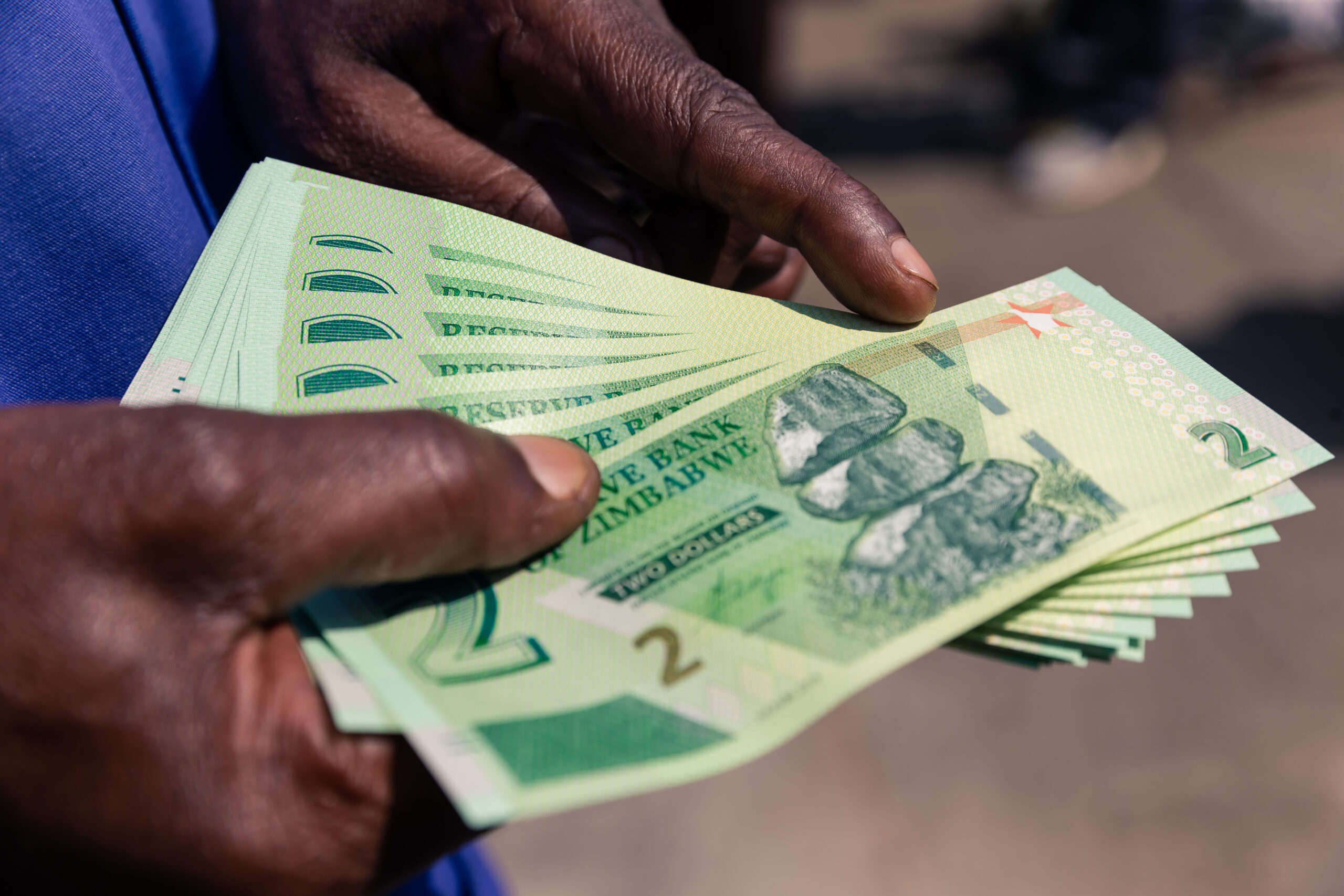GMAZ demands cash upfront for Zim dollar payments
The Grain Millers Association of Zimbabwe (GMAZ) has set new trading terms for maize meal and wheat flour in order to cushion members exchange losses emanating largely from exchange rate volatility.
GMAZ is the apex representative body of the grain milling industry, whose 130 members are in the business of milling and processing maize meal, flour, stock feeds, salt, sugar beans, rice and popcorn.
The membership accounts for 95 percent of national supplies of maize meal and flour.
National chairman Tafadzwa Musarara, in a circular said members are currently owed an aggregate of circa $12.8 billion, being outstanding payments of goods supplied in the past 90 days.
He said major exchange losses of over US$6 million have been incurred and continue to be incurred.
“In view of the foregoing, GMAZ has widely consulted its members and they have resolved unanimously that all purchases from wholesalers and retailers in Zimbabwe dollar will require upfront payment, or at least cash on delivery while USD-priced transactions will continue to obtain credit terms considerations,” he said.
He added that other resolutions include that prices will be negotiated bilaterally between individual millers and wholesalers/retailers and wholesalers/retailers must desist from forward pricing as it hurts the brands so priced.
Musarara said the availability of members’ products to the informal sector was not an intentional and mischievous act to unfairly deprive mainstream retailers from getting products, but the informal sector has been paying upfront or at point of collection as their quantities are much smaller.
“Our businesses cannot do without the mainstream retailers, and we cannot wait to increase supplies to the big retailers,” he said.
Musarara said circa 80 percent of production costs are now denominated in USD. These include, but are not limited to imported maize and wheat 100 percent, Grain Marketing Board (GMB) Maize 54 percent repair and maintenance 100 percent transport 100 percent, rentals 100 percent and staff allowances 100 percent.
However, Musarara said GMAZ remains solidly behind the national goal of sustaining national food sufficiency as espoused in the National Development Strategy 1 (NDS1).-ebusinessweekly










